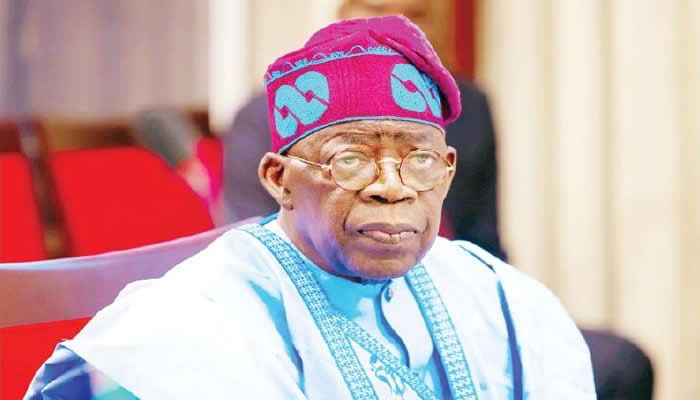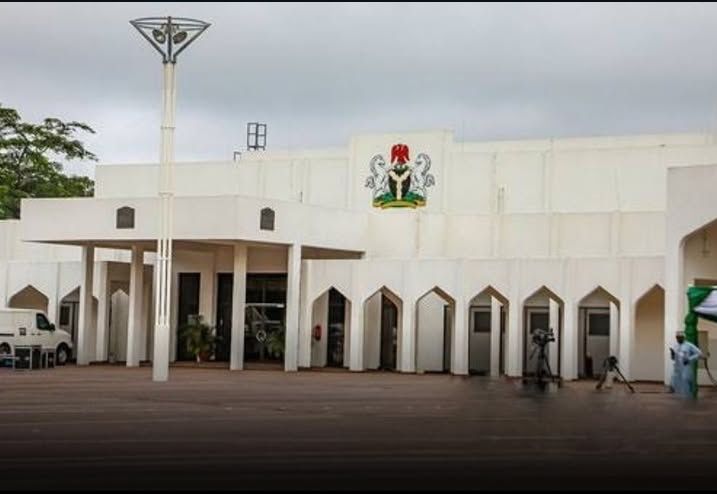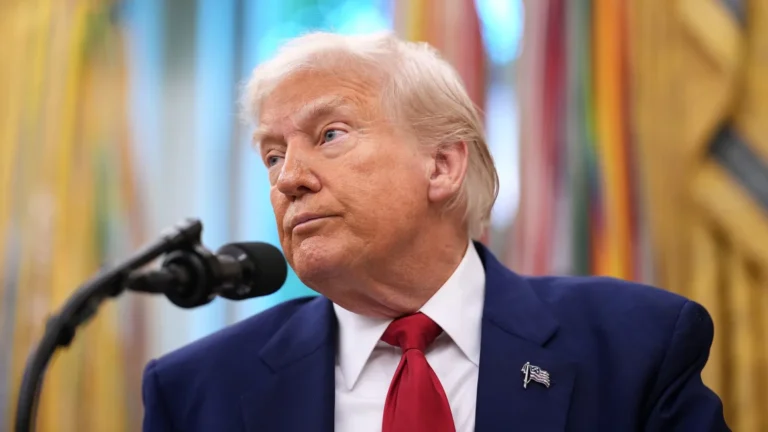
Presidential Villa’s Solar Project Sparks Debate Over Energy Inequality and Policy Priorities
Abuja, Nigeria – May 9, 2025 — In a move that underscores Nigeria’s escalating energy challenges, President Bola Tinubu’s administration has approved a ₦10 billion solar mini-grid project for the Presidential Villa, as part of the 2025 federal budget.
The initiative aims to reduce the Villa’s dependence on the national grid, which has been plagued by frequent collapses and rising electricity tariffs.
The allocation is part of a broader increase in the State House’s capital expenditure, which rose from ₦33.55 billion to ₦43.55 billion in the approved budget.
The solar project, titled “Solarisation of the Villa with Solar Mini Grid,” is the most significant new item in the 2025 budget and reflects a growing shift towards renewable energy in government infrastructure . Punch
Rising Energy Costs and Debt
The decision to invest in solar energy comes amid soaring electricity costs for high-demand consumers. In April 2024, the Nigerian Electricity Regulatory Commission (NERC) approved a tariff hike for Band A customers—from ₦68 per kilowatt-hour (kWh) to ₦225/kWh, a 230% increase .
Although the tariff was later adjusted to ₦206.80/kWh, the increase has significantly impacted institutions like the State House, which falls under the Band A category. Vanguard News+1Vanguard News+1Vanguard News+2Punch+2Vanguard News+2
In February 2024, the Abuja Electricity Distribution Company (AEDC) listed the Presidential Villa among its top debtors, with an outstanding bill of ₦923.87 million. Following a reconciliation process, the debt was revised to ₦342.35 million and was promptly settled by President Tinubu to avoid disconnection .
Public Reaction and Criticism
The announcement of the solar project has sparked public debate. Critics argue that the government’s decision to allocate substantial funds for the Presidential Villa’s energy needs highlights a disparity between the elite and ordinary Nigerians, who continue to face unreliable power supply and high electricity costs. The Energy Commission of Nigeria has justified the move by citing the Villa’s unsustainable power bill . Punch
Mustapha Abdullahi, Director-General of the Energy Commission of Nigeria, defended the initiative, stating that the solar project would reduce the Villa’s dependence on the national grid and mitigate the impact of tariff hikes on government finances .
Broader Implications
While the solar mini-grid project at the Presidential Villa may offer a model for sustainable energy solutions, it also raises questions about the government’s commitment to addressing the nation’s energy crisis.
Nigeria’s national grid has an installed capacity of 14,000 MW but can only deliver a maximum of 5,000 MW due to infrastructure challenges and gas shortages .
The federal government’s decision to invest in renewable energy for the Presidential Villa contrasts with the experiences of ordinary Nigerians, who continue to grapple with power outages and high electricity tariffs.
In 2023, Nigerians spent an estimated ₦16 trillion on fueling and servicing generators, a figure that has likely increased given the rise in fuel prices.
The solarization of Aso Rock also adds to concerns about the current administration’s priorities under Tinubu. Many believe that if such forward-thinking energy solutions can be implemented at the seat of power, then similar efforts should be replicated across public hospitals, schools, and rural communities, where energy poverty remains acute. These concerns have sparked calls for a national framework that ensures decentralized solar power initiatives benefit everyday citizens, not just government elites.
Conclusion
As President Tinubu’s administration moves forward with the solar mini-grid project at the Presidential Villa, it is essential to consider the broader implications for Nigeria’s energy policy. While the initiative may provide a sustainable energy solution for the nation’s seat of power, it also underscores the need for comprehensive reforms to address the systemic issues plaguing the country’s power sector.
Ensuring equitable access to reliable and affordable electricity for all Nigerians should remain a priority in the government’s energy agenda.
For more information on Nigeria’s energy policies and developments, visit The PUNCH, Pulse Nigeria, and Vanguard News.




